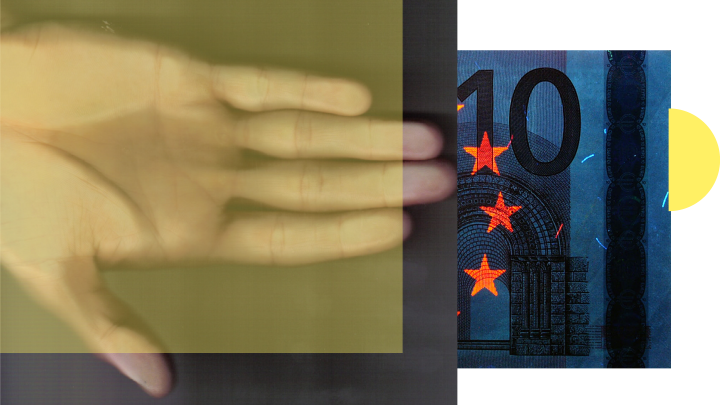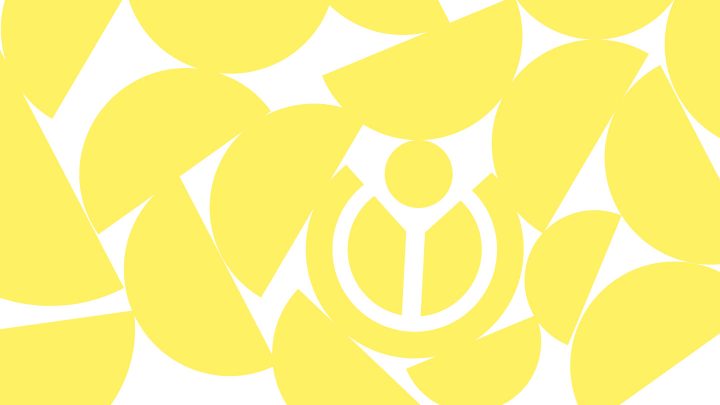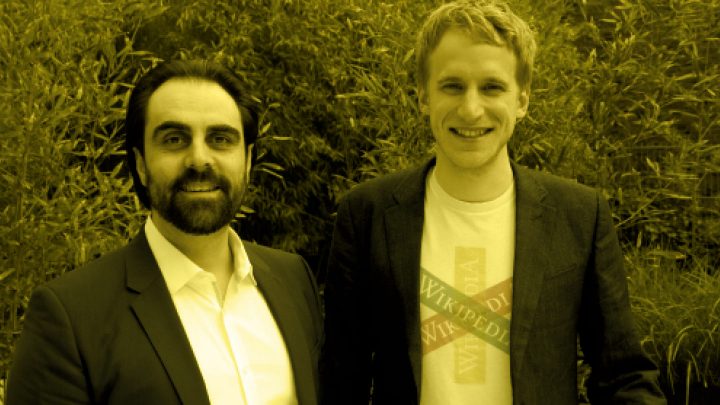10 recommendations for the global Wikimedia Movement emerged from the two-year strategy process.
Until 2030, Wikimedia is to develop into the essential infrastructure of free knowledge. The Wikimedia Movement has been guided by this strategic direction for almost four years. But what are the changes and strategies needed to achieve this major goal? In May 2020, 10 recommendations for action and 10 fundamental principles were defined for “Wikimedia 2030″– in a radically open and participatory process. Now the implementation begins.
“Increase the sustainability of our movement,” “Improve user experience,” or “Ensure equity in decision making.” These are some of the recommendations for change that will guide the Wikimedia Movement to achieve the strategic direction adopted in 2017: “By 2030, Wikimedia will become the essential infrastructure of the ecosystem of free knowledge, and anyone who shares our vision will be able to join us.”
A total of nine working groups worked on the recommendations for nearly two years, and they were published on May 12, 2020. Represented in these international WGs were board members and staff of the Wikimedia Foundation and Wikimedia Deutschland, people from various organizations that are also committed to free knowledge, and volunteers from the community. At the end of 2020 and the beginning of 2021, the “Global Conversations” took place – coordinated online meetings attended by hundreds of Wikimedians from all continents. Here, the focus was on prioritizing the recommendations.
Growing from the bottom up
Currently, the Wikimedia strategy process is in the “transitional phase towards implementation.” Major undertakings are associated with this: including building new governance structures for the Movement with a “Global Council” at the top, designing a Movement Charter, installing regional and thematic Wikimedia Hubs around the world, promoting underrepresented communities, and recruiting new volunteers in all Wikimedia projects.
“A Hub could be the Wikimedian user group West Bengal, for example” describes Lukas Mezger, Chair of the Supervisory Board of Wikimedia Deutschland, who himself worked on the recommendations in the “Roles & Responsibilities” working group. Depending on the needs, this Hub could join forces with like-minded people to form a thematic group – as a self-determined unit within the large organization. According to Mezger, this bottom-up approach is essentia so that the Movement can also grow in South America, Asia and Africa. “We don’t want to repeat the mistake of many NGOs and send Western teams to build structures in other countries.”
Sharpening self-image and responsibility
Also “thinking beyond one’s own boundaries in one’s head” – that was generally the approach in this open strategy process, says Alice Wiegand, Vice Chair of the Supervisory Board of Wikimedia Deutschland, who was actively involved in the “Advocacy” working group. But what do the recommendations mean for Wikimedia Deutschland in concrete terms? “They sharpen our self-image and our responsibility for the global movement,” says Wiegand. The challenge, she said, is to examine all activities and programs in terms of whether they support the big idea. “That, too, is starting now.”
The Movement Strategy Playbook
The strategy process “Wikimedia 2030” has already produced many insights. They are summarized in the “Movement Strategy Playbook”, which presents 21 ways how open strategies can be applied better in practice. Eero Vaara, Professor in Organisations and Impact at Oxford, has written a foreword to this “lessons learned” manual.
Professor Vaara, what do you think are the most important points that can be learned from the “Wikimedia 2030” Movements strategy process?
The process is a unique example of an open approach to strategy work. There is a lot to learn from it. The key is engagement – but at the same time, mobilizing people has required a lot of organization and work from those who have led the process. One important insight was that different stakeholders need to be approached differently to get the most out of their input. We can also learn that the process of sharing ideas and dialogue is probably more valuable than the final product. Finally, none of this would have been possible without key people like Nicole Ebber (Head of Movement Strategy and Global Relations). They drive the process or the enthusiasm and commitment of the participants.
How can Wikimedia evolve in an open global open strategy?
The open strategy approach fits perfectly with what Wikimedia is – and wants to be – as a global movement. The implementation of the new strategic ideas will follow the same principles of inclusion and transparency that guide the Movement anyway. And all of this is happening – as it should – on a global scale with large numbers of people who are actively involved. This ensures that the global social movement defines what Wikimedia is and what its strategy is. The point is that the strategic ideas grow as the movements grow – and vice versa.
To what extent can this process be a blueprint for others?
It was a unique process – but also one that others can follow and learn from. This is true not only for social movements, but also for other types of organizations. The “Strategy Playbook” provides a summary of what has been learned and examples of best practice for organizing and leading open strategy work. The key for others is not to simply copy what Wikimedia has done, but to find a set of insights about the tools and methods used – and to learn from Wikimedia’s experience.
3 Questions to Nicole Ebber
Director Movement Strategy and Global Relations
What were the most important milestones and insights of the Movement Strategy in 2020?
A milestone was the publication of our 10 recommendations and principles for the transformation of the Wikimedia Movement. Behind this lies the urgency that we need to change in order to live up to our mission. That we need to send a signal that the openness and equity we represent are also embedded in our structures. The encyclopedic concept of knowledge that we have embraced is currently still very focused on the global North. People in other parts of the world have other ways of creating and passing on knowledge – for example, through oral tradition. But if the goal is to make all the world’s knowledge freely accessible to everyone, then we must also strive to involve all parts of the world.
In addition, the world around us is changing. Technologies are changing, commercialization is advancing. Wikipedia is the last bastion in the fight for a free and open Internet, and Wikimedia is the only non-profit among the 20 largest websites in the world. The question is how we can hold on to our values in the future while remaining a relevant player in the digital society.
What is the thinking behind the “Global Council” and the Movement Charter?
The question of how to ensure that the interests and needs of global organizations and also global communities are included in global decision-making.
Currently, when less represented communities and groups want to get involved in global decision-making, they have no direct way to make their voices heard. Therefore, there are efforts to establish a “Global Council”, a body in which every member has a voice. The global negotiation processes will then take place in a much more democratic, participatory environment.
The Charter, in turn, is intended as a constitutional document for the Global Council. It is meant to define how representation is ensured – and also more inclusion and equity. It is intended to define our values, principles and basis for cooperation, as well as to regulate the generation and distribution of financial resources worldwide. It also includes behavioural guidelines. A Universal Code of Conduct already exists for all those who wish to participate in the Movement, and rules for its enforcement are being developed.
What are the next steps now?
One of the most important and urgent steps for me is to draft the Movement Charter. Only when this has been adopted will real change occur in the Movement. I am currently involved in this with a group that has organically come together. In addition to the charter, there are of course many other initiatives, and there will be further online meetings to clarify who wants to work on which topics globally. At Wikimedia Deutschland, for example, we are focusing on the question of how we can better address and map marginalized knowledge; among other things, there will be a salon series on “Knowledge Equity”.
Another important step at all levels is to create more cohesion and mutual trust, and also to engage with partners. We are currently facing major societal problems, such as disinformation, commercialization, platform regulation – and we can only tackle these together.




